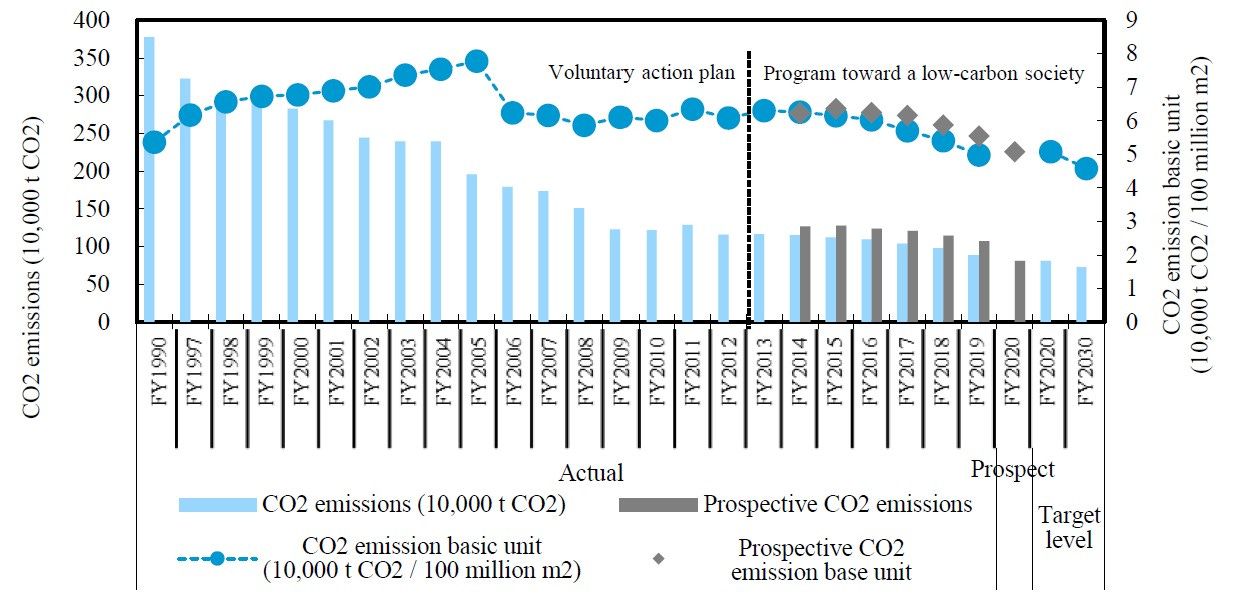Navigating the Changing Landscape of Fashion Supply Chains
How ERP Systems Enhance Supply Chain Transparency and Drive Sustainability in the Fashion Industry
The fashion industry's supply chain has undergone dramatic changes over the past few years. Traditionally characterized by long lead times, complex logistics, and global sourcing, the industry is now facing new challenges driven by economic shifts and growing sustainability requirements.
The Basics of Fashion Supply Chains
At its core, the fashion supply chain spans from raw material procurement to the final delivery of garments to retailers or customers. This involves multiple stages: material sourcing, manufacturing, distribution, and retailing. Globalization made it common for raw materials to be sourced in one region, produced in another, and sold in markets thousands of miles away. However, recent shifts in economic conditions and sustainability laws have significantly altered this traditional model.
The Push for Sustainability and Legal Compliance
With increasing environmental awareness, governments and regulatory bodies worldwide have implemented stringent requirements to ensure sustainability in fashion production. According to Vogue Business, new laws are emerging, especially in Europe and the U.S., requiring fashion brands to provide greater transparency in their supply chains. This includes the EU’s Circular Economy Action Plan, which focuses on reducing waste and promoting product longevity. Companies now face the challenge of not only complying with these laws but also proving their sustainability credentials to eco-conscious consumers.
The OECD’s Due Diligence Guidance further outlines how businesses can responsibly manage supply chains to meet ethical standards, pushing for corporate accountability in areas such as labor rights and environmental sustainability .
The Role of ERP Systems in Modern Supply Chain Management
The complexity of managing a global supply chain, coupled with new legal requirements, makes it increasingly challenging for fashion brands to ensure efficiency and compliance. This is where ERP (Enterprise Resource Planning) systems come into play. ERP systems integrate all facets of a business—inventory, sales, accounting, and compliance—into one platform, ensuring real-time visibility and control over the supply chain.

ERP systems play a crucial role in helping fashion companies manage their supply chain sustainability by providing real-time data and monitoring capabilities. These systems allow businesses to track the environmental impact of every stage in the supply chain—from raw material sourcing to production and distribution. Through the integration of sustainability metrics, companies can ensure they meet both legal requirements and consumer expectations for transparency.
One of the best-known examples is H&M, a global fashion brand that has implemented an ERP system to enhance its supply chain transparency. In response to increasing regulatory and consumer pressure, H&M has developed a sustainability report that traces the origin of its raw materials. By utilizing ERP systems, the company monitors its sustainability targets, ensuring compliance with laws like the EU’s new regulations on circularity and waste reduction.
H&M’s ERP system enables the company to provide detailed data on how much of their clothing is made from recycled materials, how energy-efficient their factories are, and even the water usage in production. This transparency is shared with consumers through product labeling, which shows the percentage of sustainable materials used. Not only does this enhance the brand’s ethical image, but it also aligns with current consumer demand for more responsible purchasing decisions.
Conclusion: Embracing ERP for a Sustainable Future
The fashion industry is at a crossroads. Brands are being pushed to adopt more sustainable practices, comply with rigorous regulations, and keep up with ever-changing consumer expectations. By integrating ERP systems, fashion businesses—especially SMEs—can gain a competitive edge. By integrating sustainability into their ERP systems, fashion companies can gain the trust of consumers, comply with evolving regulations, and boost sales in a market that increasingly values transparency and ethical business practices. These systems not only ensure compliance with sustainability laws but also enhance operational efficiency, making the supply chain more resilient and adaptable to future challenges.
Source


